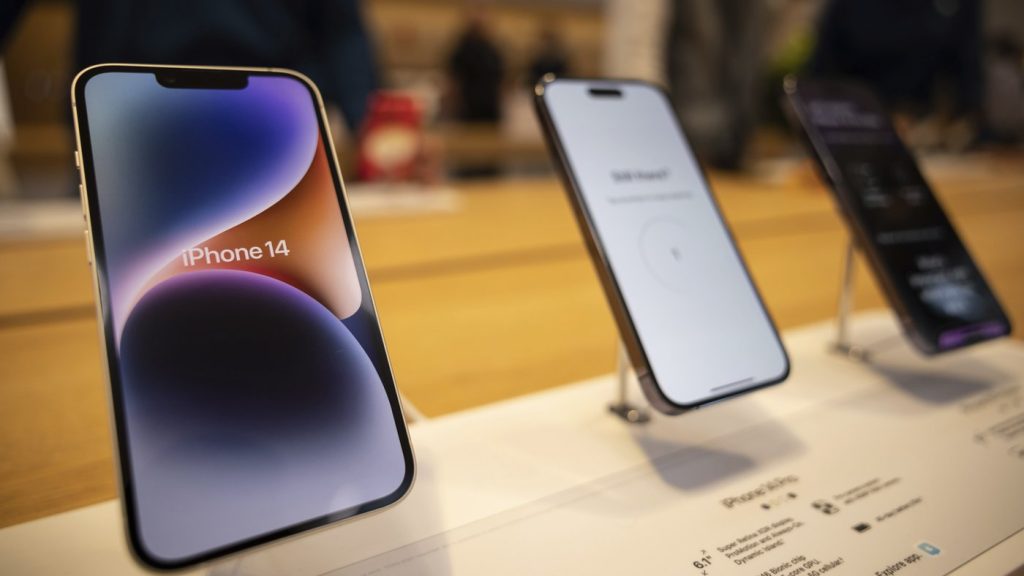The Trump administration announced on a late Friday that it would exclude certain electronics, including smartphones and laptops, from reciprocal tariffs. This decision is aimed at maintaining lower prices for popular consumer electronics that are not typically manufactured within the United States.
By exempting these items, the administration is also providing a financial reprieve to major technology corporations such as Apple and Samsung, as well as semiconductor manufacturers like Nvidia. U.S. Customs and Border Protection clarified that gadgets including smartphones, laptops, hard drives, flat-panel monitors, and some chips will qualify for this exemption. Conversely, machinery used for semiconductor manufacturing remains excluded, meaning these products will not be subjected to existing tariffs of 145% imposed on imports from China or the baseline 10% tariffs applied elsewhere.
This latest decision represents another adjustment in tariff policies by the Trump administration, which has frequently altered its approach in an attempt to implement tariffs on a wide range of goods from multiple nations. The overarching objective of these tariffs is to stimulate domestic production. However, the recent exemptions indicate an acknowledgment of the current electronics supply chain's heavy reliance on Asia, making it challenging to transition production to the U.S. Notably, approximately 90% of iPhones are manufactured and assembled in China, as reported by Wedbush Securities.
According to Dan Ives, a Wedbush analyst, this exemption alleviates significant uncertainties surrounding the tech sector and the pressures faced by major U.S. technology firms. He noted that this change alleviates a "huge black cloud" that had been looming over the industry.
Previously, President Trump signaled his willingness to consider exempting certain companies from these tariffs. However, when approached for comment on this particular decision, neither Apple nor Samsung provided a response, and Nvidia chose not to comment as well. Additionally, the White House did not promptly respond to requests for comment following the announcement.
The implications of these tariff exemptions may extend far beyond immediate price concerns. They could also influence future trade relations and domestic manufacturing strategies as the U.S. grapples with its position in the global electronics supply chain.










